Master your sediment management plan by incorporating eco-friendly coir logs to boost site integrity.
Sediment management planning is a crucial facet of construction and land development projects, aiming to prevent the harmful effects of sediment runoff on the environment. To bolster such efforts, various erosion control techniques and tools are employed. Among these, coir logs stand out as an environmentally-friendly and efficient solution to mitigate sediment runoff and erosion. In this article, we will explore how coir logs can be effectively integrated into sediment management planning.
Role of Coir Logs in Sediment Management
Coir logs, also known as coconut fiber logs or coir rolls, are natural erosion control products made from coconut husk fibers. These biodegradable logs are cylindrical in shape and have massively gained recognition for their ability to stabilize soil, prevent erosion, and promote vegetation growth in diverse landscapes.
Erosion Control
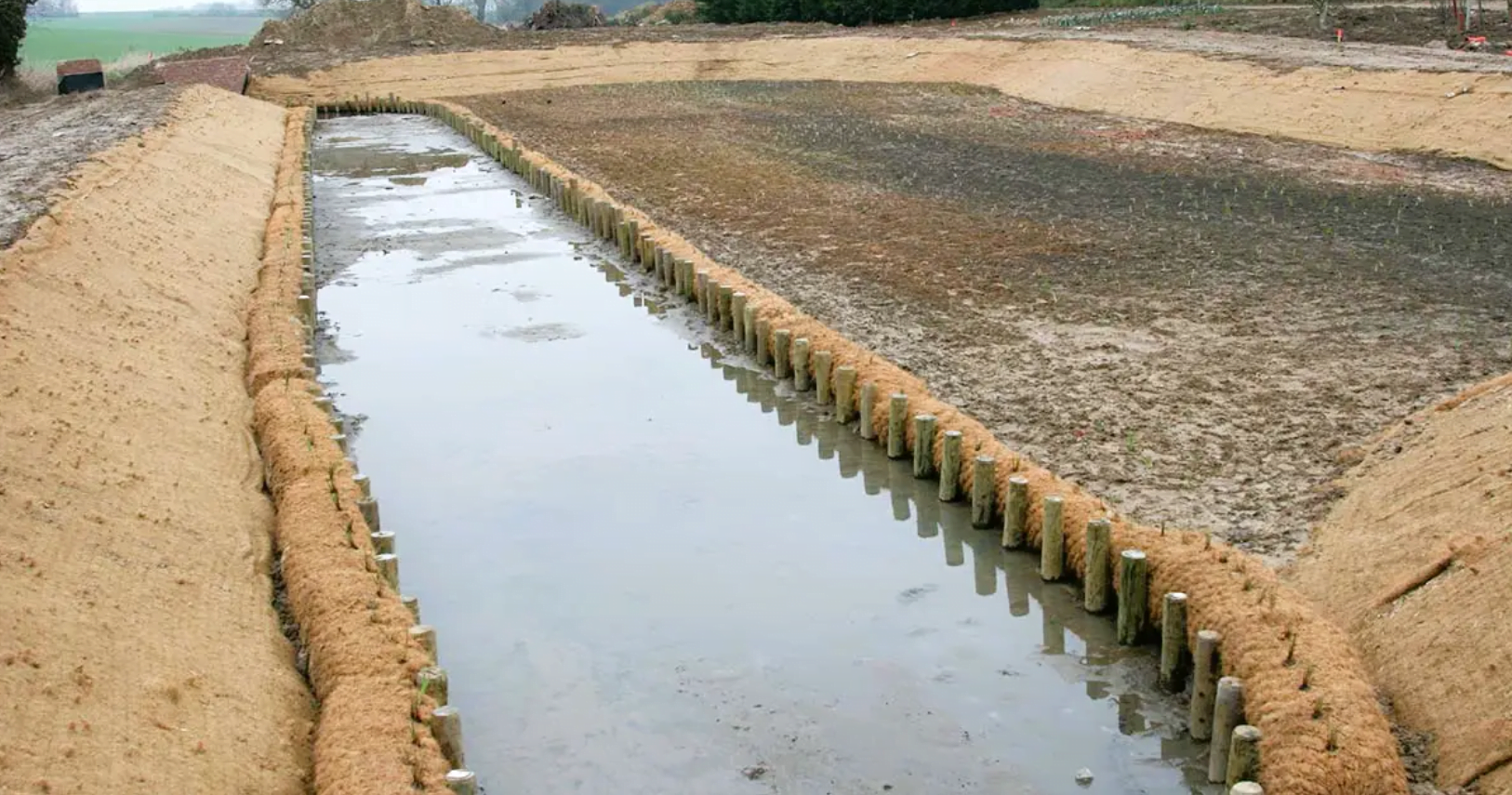
Coir logs are strategically placed in areas prone to erosion, such as slopes and channels. By acting as a barrier, they intercept sediment-laden runoff, allowing water to flow through while retaining sediment within the log structure. This function significantly reduces the risk of sediment being carried into water bodies and drainage systems, thereby offering superior erosion control.
Sediment Retention
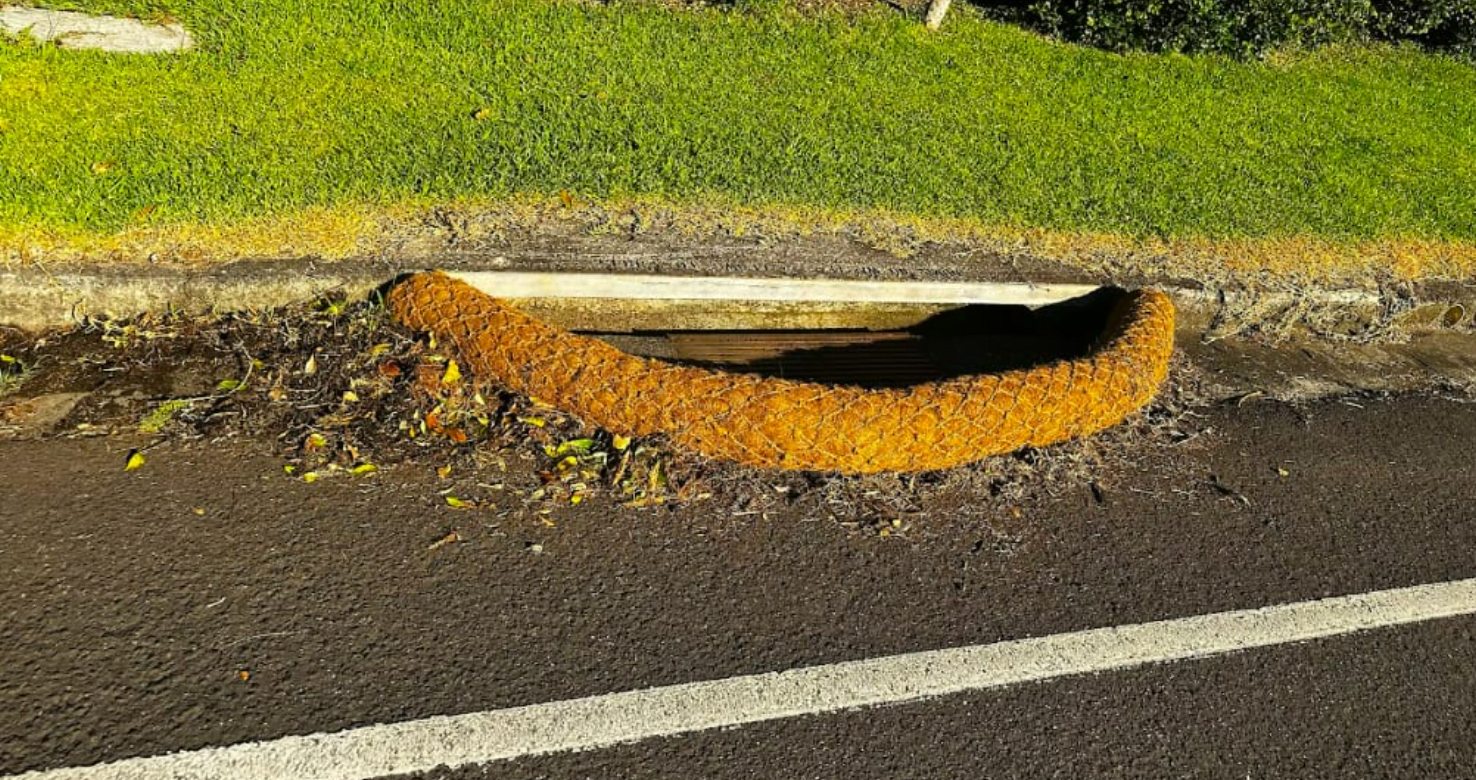
Coir logs provide an effective solution for trapping sediment particles. As runoff water passes through the log, sediment settles within the fibers, preventing it from being transported further downstream. This not only prevents water pollution but also aids in the restoration of natural water bodies.
Vegetative Establishment

Coir logs offer an ideal environment for the growth of vegetation. Native plants can be incorporated into the coir logs, which, over time, establish root systems within the log structure. As these plants grow, their roots reinforce the coir log’s integrity and enhance its erosion control capabilities.
Biodegradability

One of the most significant advantages of coir logs is their biodegradability. Over time, the logs break down naturally, seamlessly integrating with the surrounding environment. This not only reduces long-term maintenance needs but also eliminates any adverse environmental impact.
Incorporating Coir Logs into Your Sediment Management Plan
1. Site Assessment
During the site assessment phase, identify areas with high erosion risk, slopes, and channels where sediment runoff is likely to occur. These are the prime locations to strategically place coir logs.
2. Coir Log Placement
Depending on the site’s risk classification (low, medium, or high), coir logs can be installed to form check dams, contour barriers, or slope stabilization structures. The logs’ placement should be aligned with the natural drainage patterns and potential flow paths of stormwater runoff.
3. Vegetative Cover
Integrate coir logs with native vegetation by planting suitable plants within the log structure. These plants will assist in root reinforcement and further stabilize the soil, enhancing erosion control.
4. Regular Monitoring
As with any sediment management strategy, consistent monitoring is essential. Regularly inspect coir logs for signs of degradation, vegetation growth, and sediment accumulation. Replace deteriorated logs and maintain vegetation as needed.
5. Flexibility
Coir logs can be tailored to fit various project needs and site conditions. They can be cut to size, stacked, and interconnected to create a customized erosion control solution.
Sediment management planning remains a pivotal aspect of construction and land development projects. Coir logs offer an eco-friendly and versatile solution to combat sediment runoff and erosion. Their ability to intercept sediment, promote vegetation growth, and degrade naturally makes them a valuable tool in safeguarding the environment while maintaining regulatory compliance. By thoughtfully incorporating coir logs into sediment management planning, construction and development projects can achieve long-term sustainability, protect water bodies, and leave a positive legacy for future generations.
Looking for reliable coir logs to suit your sediment management plan? Explore a wide selection tailored to different project needs. Our range includes options with lengths like 1.5m and 3m, and diameters like 200mm and 300mm. We assure you that you will find the right fit for your sediment management plan at HEIGER. Crafted from durable, 100% natural coconut fibers, our coir logs are a sustainable choice trusted by contractors, landscapers, and environmental engineers across Australia. Don’t miss our best-selling Coir Logs, a top pick for moderate-scale erosion control.
Browse our collection today for the best prices on eco-friendly coir logs in Australia, only at HEIGER.

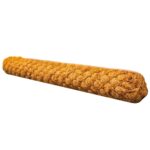 Coir Logs
Coir Logs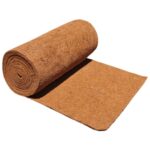 Coir Blankets
Coir Blankets Coir Mesh
Coir Mesh Jute Matting
Jute Matting Jute Mesh
Jute Mesh Silt Fence
Silt Fence Wooden Stakes / Pegs
Wooden Stakes / Pegs Retaining Pins
Retaining Pins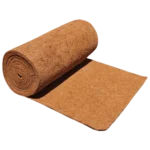 Weed Mat
Weed Mat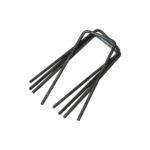 Weed Mat Pins
Weed Mat Pins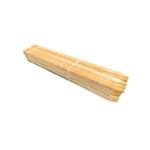 Timber Stakes
Timber Stakes Raised Garden Beds
Raised Garden Beds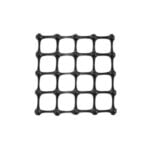 Biaxial Geogrid
Biaxial Geogrid Uniaxial Geogrid
Uniaxial Geogrid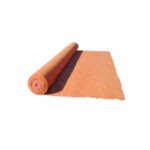 Non Woven Geotextiles
Non Woven Geotextiles Sand Containers
Sand Containers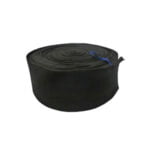 Silt Socks
Silt Socks Dewatering
Dewatering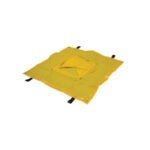 Drain Filters
Drain Filters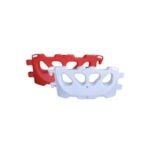 Water Filled Barriers
Water Filled Barriers Edge Protection Barrier
Edge Protection Barrier Hoarding Panels
Hoarding Panels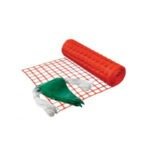 Barrier Mesh & Bunting
Barrier Mesh & Bunting Star Picket Posts & Accessories
Star Picket Posts & Accessories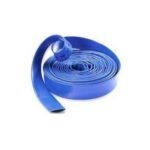 Flood Tubes & Stabilizers
Flood Tubes & Stabilizers Sandbags
Sandbags